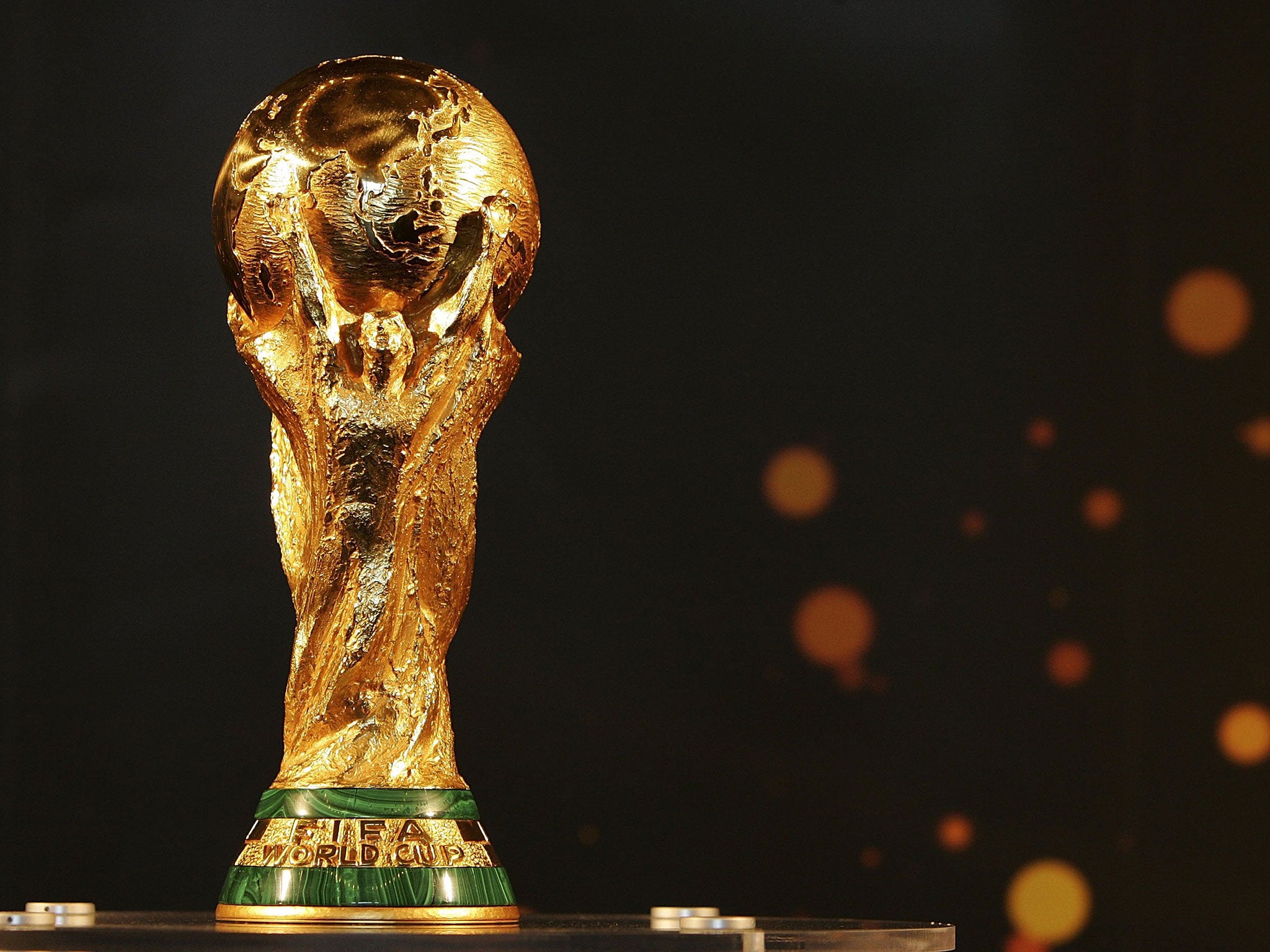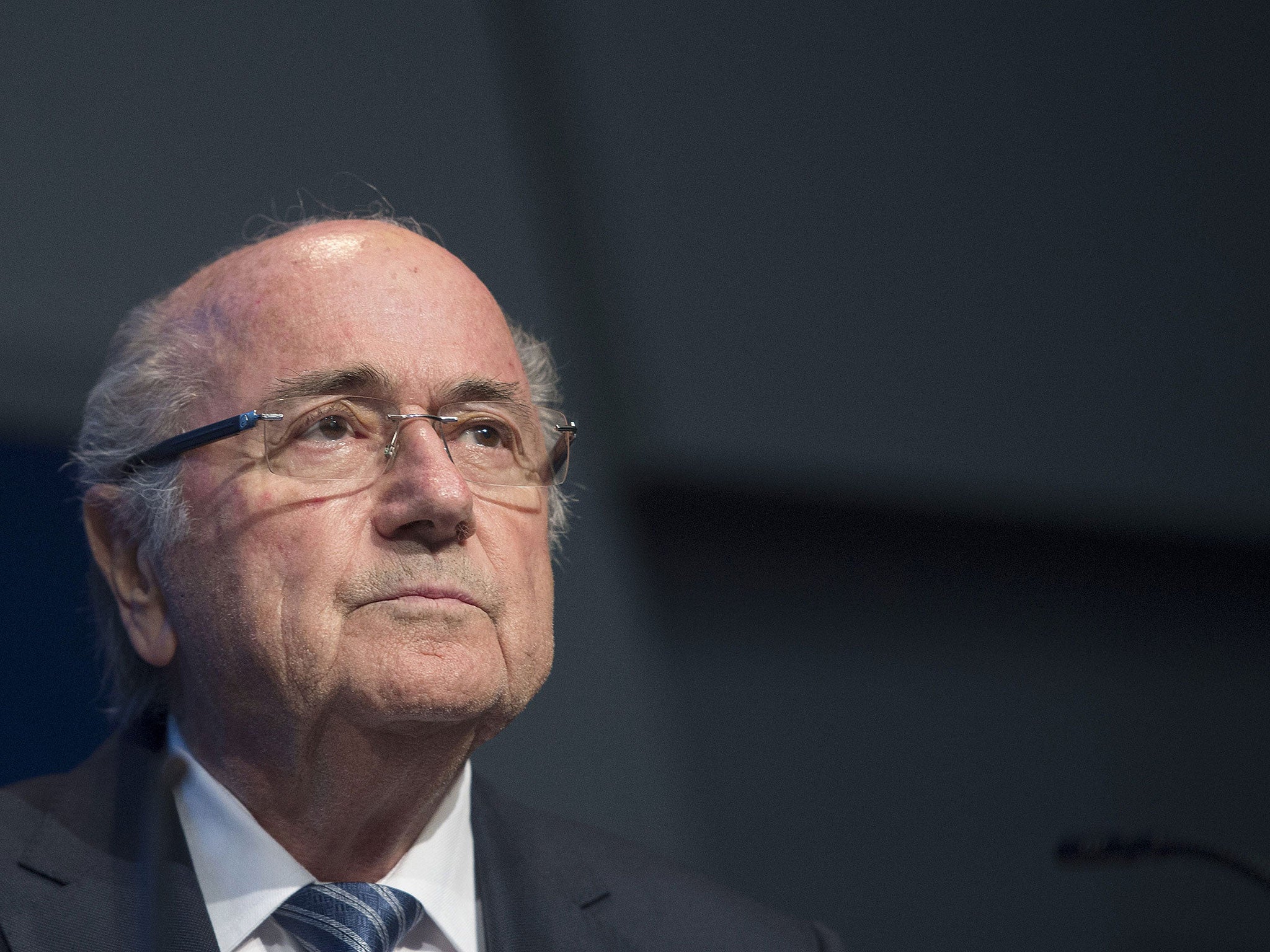World Cup vote: Why Fifa want to expand the World Cup to 48 teams and how it will work
It is widely believed that a decision has already been reached to increase the size of the Fifa World Cup to 48 teams

World football's top brass has gathered in Zurich for two days of meetings, prize-giving and kickabouts in the snow with retired superstars but by far the most serious business will be the decision to expand the number of teams at the 2026 World Cup.
The Fifa Council will have five options to choose between when it meets on Tuesday - the 32-team status quo, two 40-team formats and two 48-team formats - but it is widely believed that a decision has already been reached to go to 48.
Here, some of the key questions that explain how this came about and what happens next are addressed:
Whose idea was this?
The short answer to this, as with so much in recent football history, is Sepp Blatter. The Swiss had planned to expand the tournament to 40 teams - making eight more member associations happy - before his downfall in 2015 and Gianni Infantino, his eventual successor, picked up the banner. But the two proposed 40-team formats had various issues, prompting Infantino to double down and go for 48.
How will this work?
Good question, and one that Infantino has had a couple of attempts at answering. His first idea was to have a play-off round of 32 teams to decide who should join 16 seeded teams in the current format of eight groups of four, followed by a knock-out. But the "one-and-done" plan was quickly dumped and the 46-year-old Swiss-Italian came up with 16 groups of three, before a 32-team knock-out.

That sounds like a lot more football, is it?
Yes and no. It will mean the total number of games increases from 64 to 80 but most teams will play no more than three and the four semi-finalists will play no more than seven - the same as now. That last point is significant as the leading European clubs have opposed any move to increase the number of games the top nations play. Fifa is also adamant this can be done in 32 days, the same duration as the current format, another major concern for the clubs. And with the hosts of this tournament likely to be some combination of Canada, Mexico and the United States, there will be plenty of stadiums in the mix.
What about the quality?
This is an issue raised by the German FA, currently the only association to have spoken out against Infantino's plan, and even Fifa's internal research on the formats admits the status quo is the best way to guarantee as many of the world's best teams play each other at the finals. But Infantino has repeatedly talked up Costa Rica's besting of England, Italy and Uruguay in 2014, and the exploits of Iceland and Wales at Euro 2016, as examples of underdogs overcoming their perceived superiors.

So this has nothing to do with money, then?
This is Fifa so of course it has a billion reasons to do with money, one billion US dollars being the projected increase in revenue for Infantino's preferred 48-team event when compared to the 2018 World Cup. The president has said money should not be a reason for doing this - he says he wants to spread the passion a nation experiences during a World Cup campaign - but this is a man whose first Fifa act was to dish out bigger cheques to each FA.
Will these extra places help Scotland qualify?
Ah, that is one of the many details the council will not decide on Tuesday, as the fight over these possible 16 extra slots is only just starting between the six confederations. Europe currently gets 13 places, with hosts Russia making it 14 next time around. But with the main beneficiaries expected to be the relatively under-represented African and Asian confederations, Uefa will be fighting hard to claim at least three of the new places. Whether that will be enough to guarantee a home nation involvement at a 48-team World Cup is anybody's guess.
PA.
Join our commenting forum
Join thought-provoking conversations, follow other Independent readers and see their replies
Comments
Bookmark popover
Removed from bookmarks